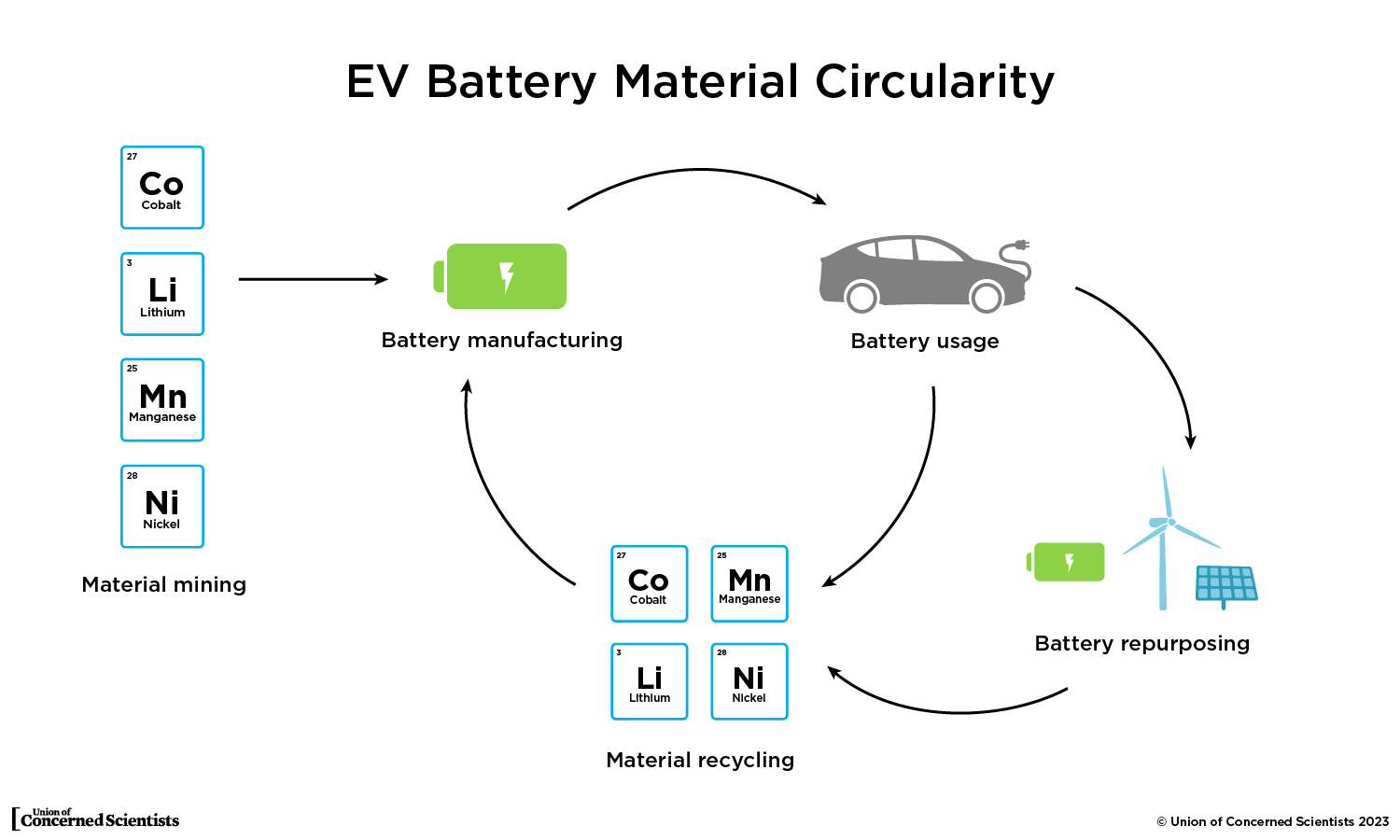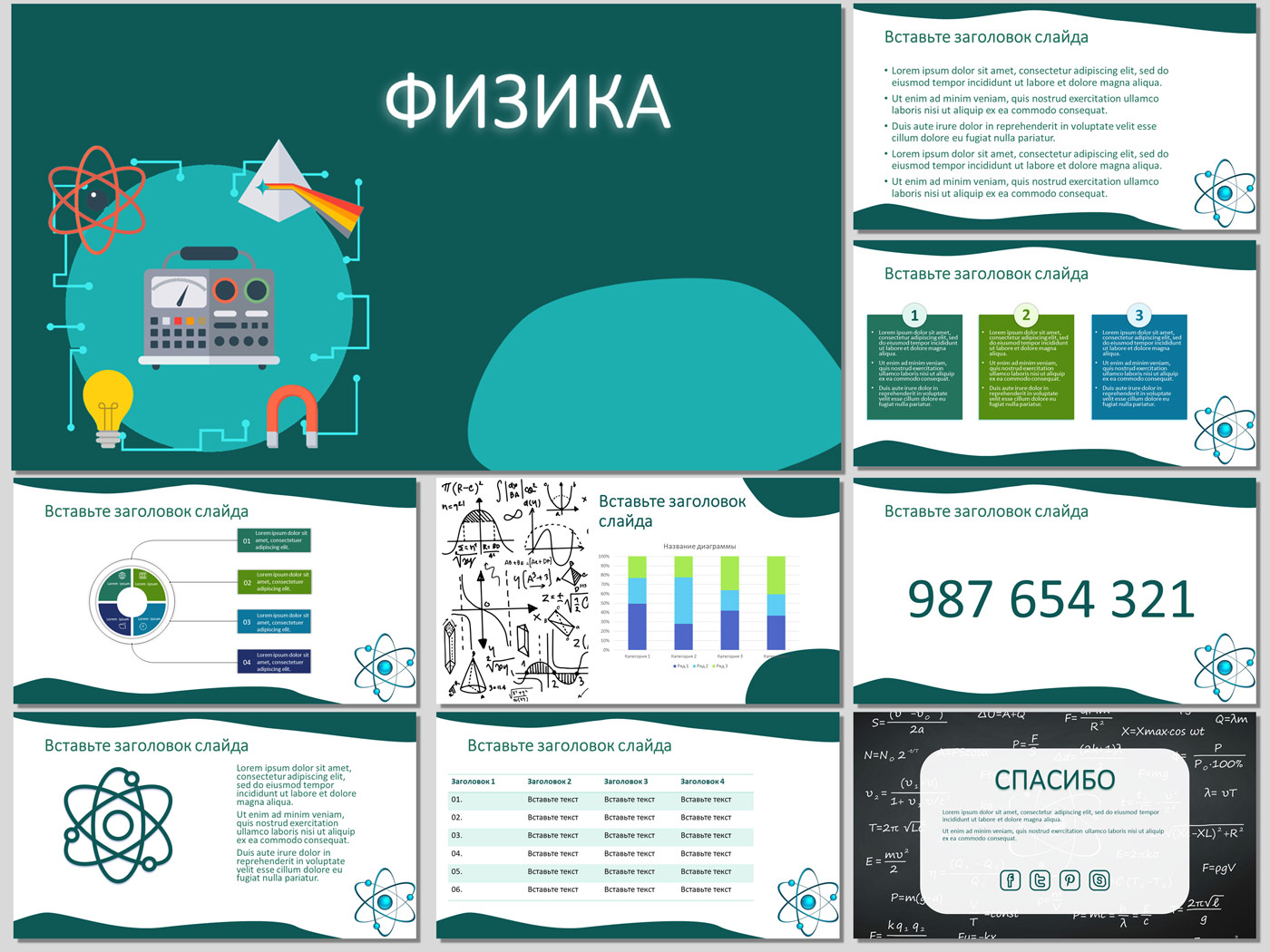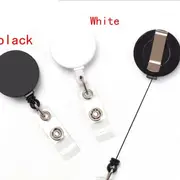BYD's EV Battery Dominance: A Case Study Addendum

Table of Contents
BYD's Technological Advantage: The LFP Battery Revolution
BYD's strategic focus on Lithium Iron Phosphate (LFP) battery technology has been instrumental in its success. LFP batteries offer several compelling advantages over other battery chemistries, particularly Nickel Manganese Cobalt (NMC) batteries, commonly used by competitors. These advantages include superior cost-effectiveness, enhanced safety features, and a significantly longer lifespan. A key innovation is BYD's Blade Battery, a revolutionary LFP battery design that boasts impressive energy density while maintaining a compact form factor.
-
Superior safety profile compared to NMC batteries: LFP batteries are inherently more stable and less prone to thermal runaway, a significant safety concern with other battery chemistries. This makes them ideal for electric vehicles, prioritizing passenger safety.
-
Lower cost of production leading to more affordable EVs: The lower cost of raw materials and simpler manufacturing process associated with LFP batteries translates to lower production costs for EVs, making them more accessible to a broader range of consumers.
-
Increased energy density compared to earlier LFP iterations: BYD's advancements in LFP battery technology have resulted in significantly higher energy density, allowing for greater driving range in electric vehicles without compromising on size or weight.
-
Space-saving design integrates seamlessly into vehicle architecture: The Blade Battery's unique design allows for efficient space utilization within the vehicle chassis, contributing to improved vehicle design and maximizing interior space.
-
Improved thermal management for enhanced performance and longevity: BYD's advanced thermal management systems optimize battery performance and extend its lifespan, ensuring consistent performance across a range of operating temperatures.
Vertical Integration: Controlling the Supply Chain
BYD's vertically integrated approach to battery production is another crucial element contributing to its dominance. The company controls the entire supply chain, from sourcing raw materials to manufacturing the final battery packs. This strategy offers several significant benefits:
-
Secure access to key raw materials: Vertical integration ensures a consistent supply of essential raw materials, mitigating risks associated with supply chain disruptions and price fluctuations.
-
Optimized production processes for greater efficiency: By controlling every stage of the production process, BYD can optimize efficiency and reduce waste, leading to significant cost savings.
-
Reduced reliance on external suppliers: This minimizes the company's vulnerability to external factors impacting the supply chain, such as geopolitical events or supplier issues.
-
Enhanced control over quality and consistency: Direct control over the entire process allows BYD to maintain rigorous quality control, ensuring consistent high-quality batteries for its EVs.
-
Faster response to market demand: Vertical integration enables BYD to quickly scale production to meet rapidly growing market demand, maintaining its competitive edge.
Market Impact and Global Expansion
BYD's impact on the EV battery market is undeniable. The company is rapidly expanding its market share globally, challenging established players in the industry. This expansion is driven by:
-
Increasing market share in key global regions: BYD is aggressively expanding its presence in key EV markets worldwide, including Europe, North America, and Asia.
-
Strategic partnerships with automakers worldwide: BYD is forging strategic partnerships with major automakers globally, supplying them with its high-quality, cost-effective EV batteries.
-
Expanding manufacturing capacity to meet rising demand: BYD is significantly increasing its manufacturing capacity to meet the exploding global demand for EV batteries.
-
Driving down the cost of EV batteries, making EVs more accessible: BYD's focus on efficiency and cost optimization is driving down the overall cost of EV batteries, contributing to the affordability and accessibility of electric vehicles.
-
Contributing to the global transition to sustainable transportation: BYD's technological advancements and expansion are playing a significant role in accelerating the global shift towards sustainable transportation.
Sustainability and Renewable Energy Integration
BYD's commitment to sustainability extends beyond simply producing electric vehicles. The company actively integrates renewable energy sources into its battery production process and promotes environmentally friendly manufacturing practices.
-
Utilizing renewable energy sources for manufacturing: BYD is increasingly using renewable energy sources, such as solar and wind power, to power its manufacturing facilities, significantly reducing its carbon footprint.
-
Implementing eco-friendly production processes: The company is actively implementing environmentally friendly production processes to minimize waste and pollution.
-
Reducing waste and promoting recycling programs: BYD is focused on reducing waste generation throughout its production process and establishing effective recycling programs for battery components.
-
Contributing to a more sustainable transportation ecosystem: By promoting sustainable practices throughout its operations, BYD is contributing to the development of a more sustainable transportation ecosystem.
Conclusion
BYD's dominance in the EV battery market is a testament to its innovative technology, shrewd business strategy, and unwavering commitment to sustainability. The company's LFP battery technology, especially the groundbreaking Blade Battery, is revolutionizing the EV industry, making electric vehicles significantly more affordable, safer, and globally accessible. Its vertically integrated supply chain ensures efficient production and reduces reliance on external vulnerabilities, providing BYD with a considerable competitive advantage. Through ongoing innovation and strategic expansion, BYD is poised to further strengthen its leading position in driving the global transition to sustainable transportation. To stay updated on the latest advancements in this dynamic sector, continue researching BYD's EV battery technology and its transformative impact on the future of electric vehicles.

Featured Posts
-
 Doshkolnoe Obrazovanie Obnovlennye Standarty Po Fizike I Khimii
May 13, 2025
Doshkolnoe Obrazovanie Obnovlennye Standarty Po Fizike I Khimii
May 13, 2025 -
 Confirmed Release Schedule Doom The Dark Ages
May 13, 2025
Confirmed Release Schedule Doom The Dark Ages
May 13, 2025 -
 Nba Draft Lottery How The System Works
May 13, 2025
Nba Draft Lottery How The System Works
May 13, 2025 -
 Rethinking Middle Management Their Vital Contribution To Modern Organizations
May 13, 2025
Rethinking Middle Management Their Vital Contribution To Modern Organizations
May 13, 2025 -
 10 Aktori I Tyakhnite Geroyski Dela Snimki I Istorii Za Spasyavane Na Zhivoti
May 13, 2025
10 Aktori I Tyakhnite Geroyski Dela Snimki I Istorii Za Spasyavane Na Zhivoti
May 13, 2025
